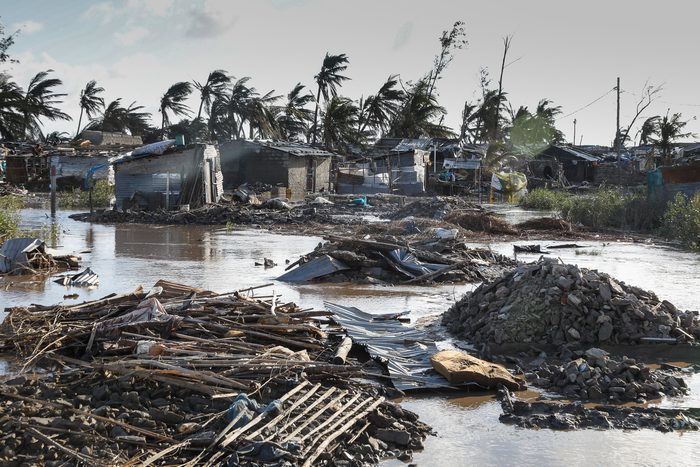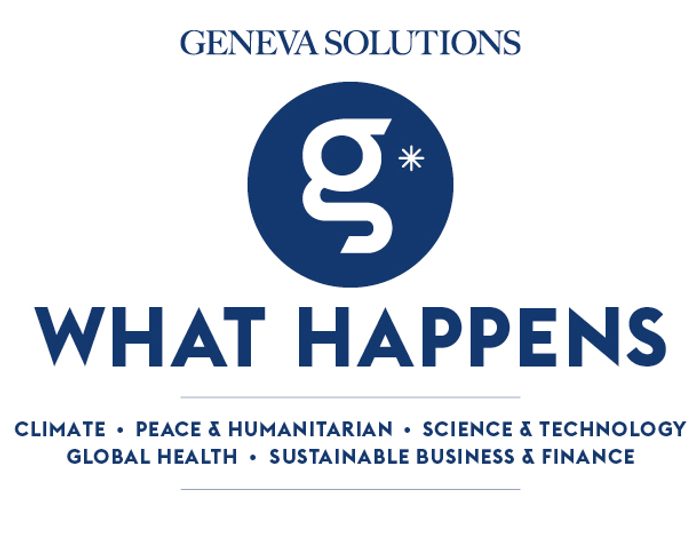Good morning, this is Gabriela. As the climate crisis batters rich and poor countries alike, UN officials in Geneva are now laser-focused on lessening the crisis' harshest blows. With UN predictions warning that natural disasters could surge dramatically by 2030, officials and countries' top concern is now making sure they can get people out of harm’s way.
Meanwhile, work on the UN’s Summit of the Future has been put on the back burner as global south countries urge leaders to first focus on delivering on failing 2030 goals. And the WHO adopted a landmark proposal on fighting plastic pollution, paving the way for better data to protect the environment. |

|

Aftermath of cyclone Idai in Mozambique, Africa. Since Idai's landing in 2019, Mozambique has made significant strides in improving its early warning systems, helping it mitigate the blow of natural catastrophes since. (KEYSTONE/LAIF/Juergen Escher)
|
|
As climate crisis rages on, UN scrambles to help countries duck disaster.
In the eye of the climate storm, small island nations and developing countries are racing to beef up their defences against natural disasters, as the UN warns disastrous events could top 500 by 2030 if warming trends continue unchanged.
Mozambique's transport and communications minister told Geneva Solutions that improvements in the country's disaster management system helped it weather the landing of Cyclone Freddy earlier this year, the most powerful cyclone ever recorded.
Geneva Solutions (EN)
|
|
Here’s what else is happening
|
|
GS news is a new media project covering the world of international cooperation and development. Don’t hesitate to forward our newsletter!
Have a good day!
|

|
|
Avenue du Bouchet 2
1209 Genève
Suisse
|
|
|
|








